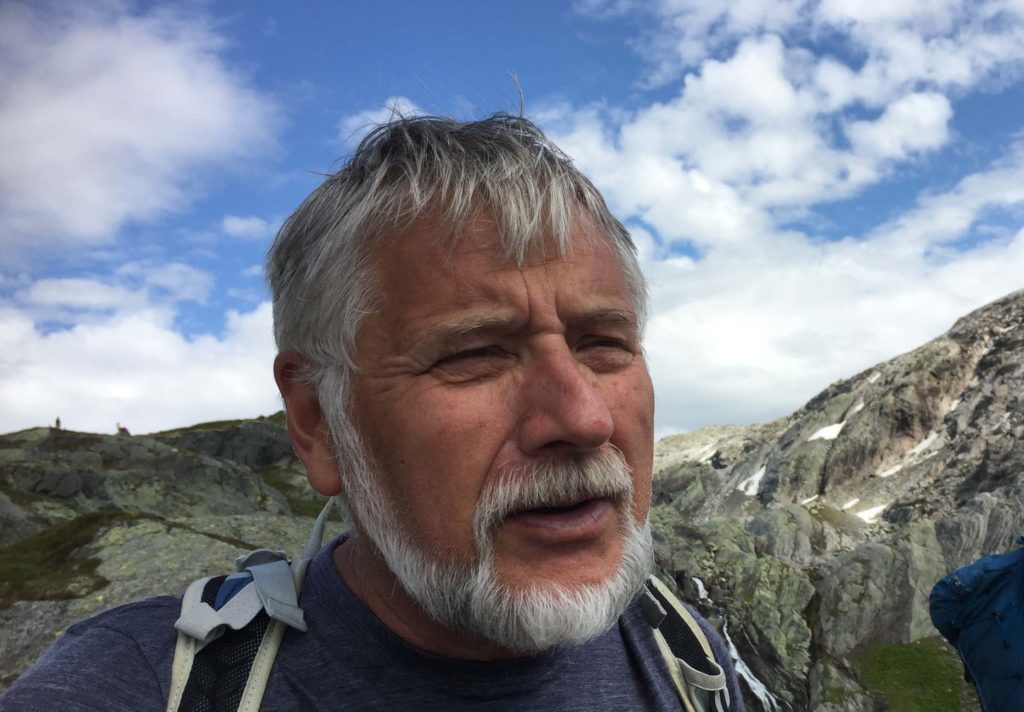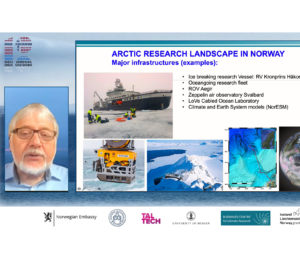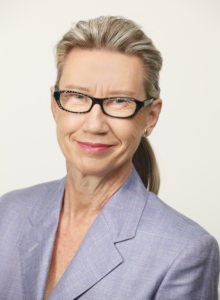Dear AE members, colleagues and friends,

Academic Director Eystein Jansen looks back on some major developments for the AE-Bergen Hub over the last 6 months.
Another semester has passed. While the prospects for the next semester are promising, we are not yet at the point where we can plan for normal activities. And what are normal activities? The pandemic will have a lasting impact on Academic life and the operations of academies such as ours. The next semester will likely see us moving into some more physical meetings and events.
This is good, but we will also bring with us new skills in organising meetings and webinars online. This can reduce our carbon footprint, and open our events to audiences we hitherto have not reached with our activities. This will provide opportunities for stronger interactions with members and stakeholders in the Nordic/Baltic region. There will be a phase of trying out how to balance physical and online activities, and we would much appreciate feedback and ideas on this matter as we move into the post-COVID time.
Despite the pandemic restrictions we have had an active semester, as you will see elsewhere in this newsletter and on our website. To name some: We took active part in the Arctic Frontiers conference, where we organized a well-attended online event in April together with Pacific Environment and the University of Bergen on: Arctic Marine Operations and Shipping – Green initiatives and challenges. On the initiative of the Norwegian Embassy in Tallin, we co-organised an online seminar with the Estonian Academy of Sciences: The changing Arctic, on Arctic Research in Norway and Estonia, primarily comprising young scholars. This will be followed up by collaborative workshops later this year.

Academic director at the AE-Bergen Hub, Eystein Jansen, gave an overview the Arctic/polar research landscape in Norway at the webinar: The changing Arctic.
Late last year the EU Parliament and the EU Council and Commission finally came to an agreement on the 7-year financial framework for the Horizon Europe Programme. To the European Research community this was a relief, but it was also disappointing to see that the initial proposals for a strong budget for Pillar 1 which funds the ERC and the MSCA were cut significantly, thus regrettably lowering the ambitions for basic research. A strong mobilisation from many actors within the European science community, where AE and our Hub were very active, balanced this to some extent, and the end result was better than feared.
Yet this experience underscores the need for a strong and continued campaign for the necessity of Europe significantly raising its ambitions for Frontier Research. This is crucial if the aims for Europe to become the most innovative continent are to be realistic. The Pandemic clearly exemplifies how important investigator-driven Frontier Research is for our capacity to tackle the great challenges of our time, where the best minds can develop and follow their ideas. This will be an important task for the Hub when implementing our new Strategic Plan which you will find links to on our website and elsewhere in this newsletter.
Our Strategic Plan was recently approved by our Advisory Board and will guide our new initiatives and activities. Our Advisory Board is undergoing some changes: Professor Margareth Hagen, rector of the University of Bergen (UiB) has this spring taken over the Board Chair position from Professor Dag Rune Olsen (previous UiB-rector). Professor Marja Makarow leaves our Board as she takes over as president of Academia Europaea. She is replaced by Professor Carl Gahmberg, Chancellor of Åbo Akademi University. In addition, we are happy to include a new Danish member to our Board; Professor Kirsten Drotner of the University of Southern Denmark.
I am grateful for the opportunity to have the new members help in further developing our Hub, and also for the commitments from Dag Rune and Marja for their contributions and engagements for the Hub. I look forward to continuing close collaboration with Marja in her role as new AE President, and also with Dag Rune Olsen taking on as the new rector at the University of Tromsø.

Professor Marja Makarow leaves our Board as she takes over as president of Academia Europaea.
The Horizon Europe Work Programme was finally launched this week. The programme includes funding for the next phase of the SAPEA project, part of the Commission’s Scientific Advise Mechanism to develop evidence reports in support of knowledge-based policy development in the European Union. The Bergen Hub will take formal part in the next face of SAPEA under the lead of the Cardiff Hub, a job we really look forward to! The Hub will further develop its role within the network of AE Hubs where increased interactions are planned between the Hubs. But more on this later! Hence, there will be more to do, and the new agreement between AE and the University of Bergen which was recently signed gives our Hub a secure foundation for the coming 4-yars period.
Meanwhile I wish all of you a splendid, safe and relaxed summer!
Eystein
